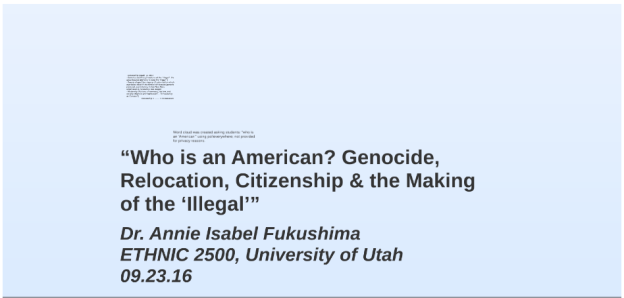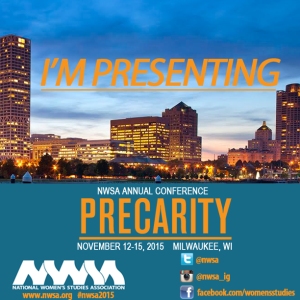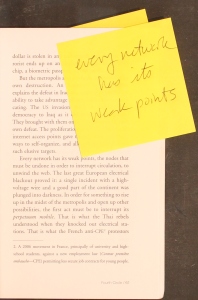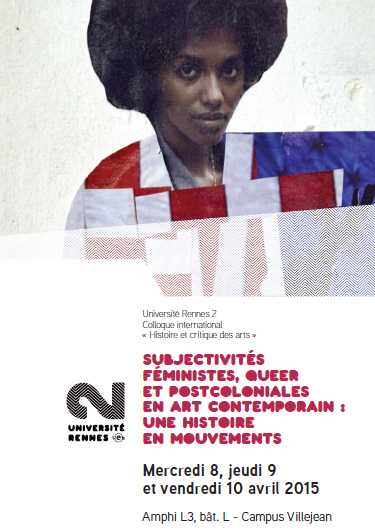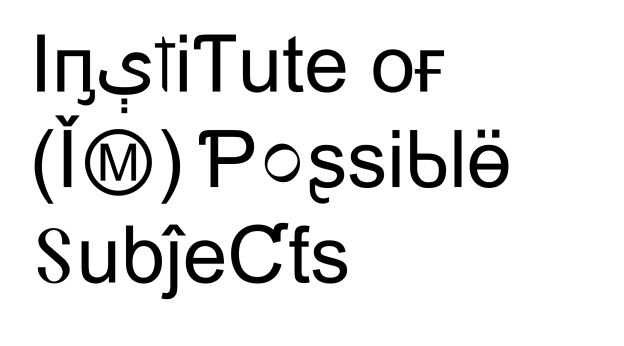Institute of (Im)possible Subjects
The Institute of (im)Possible Subjects (IiS) is a transnational feminist collective of artists, writers, and researchers.
We are pleased to announce Migratory Times, a global art, research, and education initiative that will be our focus in 2016 and 2017.
We are recipients of an inaugural Abundance Foundation Out of Eden Community Arts Fellowship in support of the project’s launch.
We are working closely with collaborators globally, with primary nodes in S. Korea, the Philippines, and Colombia, engaging in translocal conversations on questions of global migrations, gender, and the politics of movement. Each of these nodes will host, in overlapping sequence, a series of exhibitions, screenings, educational events, and art and media production workshops. The main events, held outside of metropolitan centers, will emerge from research groups and learning circles engaging the experience of migrants and refugees in the different localities; the temporalities of migration; the geo-politics of human migration; and…
View original post 351 more words
